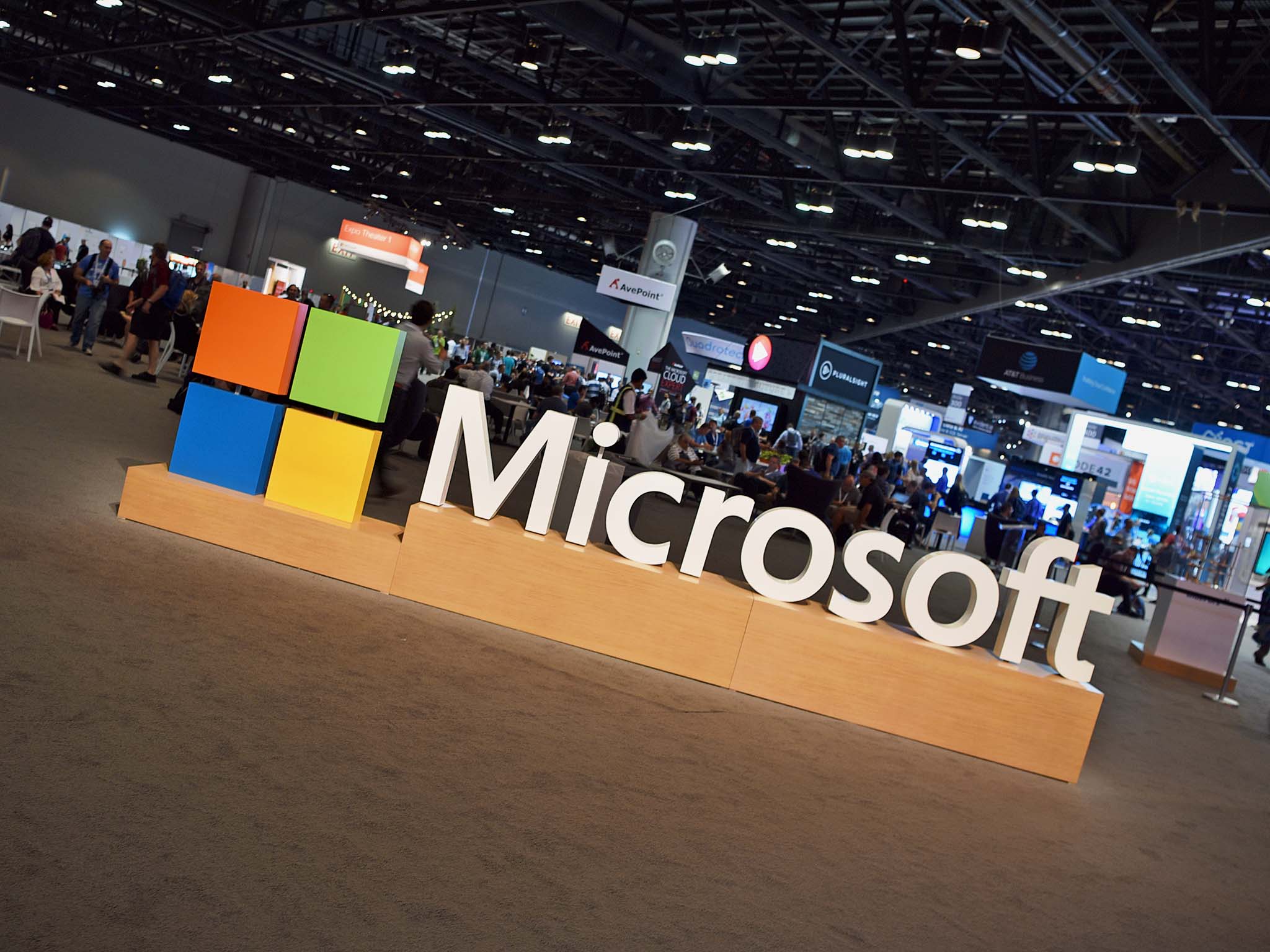by arabnews.com — BEIRUT: Lebanese fashion designer Elie Saab has been hailed by tourism chiefs for staging his son’s lavish wedding reception on home turf. The influential Syndicate of Owners of Restaurants, Cafés, Night-Clubs and Pastries in Lebanon saluted Saab “for holding the wedding party of his son, Elie Jr., and the Lebanese bride, Christina […]
BEIRUT (Reuters) – Lebanon’s traditional summer festivals harked back to the Arab world’s musical past this year, highlighted by a performance by the great-granddaughter of the legendary 1930s diva Asmahan in a mountain palace. Asmahan captivated audiences at a moment when European colonialism had replaced the Ottoman Empire, and cultural icons reached the masses via […]
by aawsat.com — The debate over Lebanese who have fled to Israel was revived after Foreign Minister and Free Patriotic Movement (FPM) chief Jebran Bassil revealed that Justice Minister Albert Serhan was seeking to devise a mechanism to implement the law on their return. The debate covers Lebanese who fled to Israel 19 years ago, […]
foxnews.com —Criminal activity has been officially canceled in one suburban Chicago town due to the extreme heat that’s cooking most of the country. “It is just too hot to be outside committing crimes,” the Park Forest Police Department said on Facebook Friday. “We’re asking all aspiring criminals, seasoned veterans, and those who find themselves committing […]
By SARAH EL DEEB The Associated Press BEIRUT (AP) — For days, Lebanese TV stations have been blanketed with live coverage as lawmakers held heated debate over a controversial austerity budget meant to salvage the flailing economy, with protests outside parliament and critics denouncing its focus on tax hikes and wage cuts. Mohammed Badran, […]

By Dan Gallagher –Microsoft MSFT -0.35% ’s comeback is no longer tech’s best-kept secret. That sets up a new kind of challenge for the software giant. When Microsoft reports its fiscal year-end results Thursday afternoon, it should mark the first time in more than a decade that the company has managed to grow revenue by double digits for two years in a row. Moreover, Wall Street expects that to continue for at least the next two years, which would be a pace not seen since the early 2000s, when the company had less than one-third of its current revenue.
That stands out against recent decelerating growth trends at Big Tech peers such as Apple Inc., Google parent Alphabet Inc. and even turbocharged Amazon.com . As a result, Microsoft has spent most of the past three months as the world’s most valuable company and more than a month with a market value in excess of $1 trillion. That serves as a strong validation for the company’s transformation under Chief Executive Satya Nadella, but it also means Microsoft no longer has the relative comfort of being an underdog. At 28 times forward earnings, Microsoft’s shares not only carry a premium to Alphabet’s, Facebook ’s and Apple’s; they also carry the highest multiple the stock has commanded in more than 15 years, according to FactSet.
by Naharnet — MP Nawwaf al-Moussawi of Hizbullah’s Loyalty to Resistance bloc resigned from parliament Thursday following a string of controversial incidents. “Hizbullah has been officially informed of the resignation of MP Nawwaf al-Moussawi” from parliament, state-run National News Agency reported. Earlier in the day, al-Jadeed TV said Moussawi has submitted a resignation request to […]
by english.kyodonews.net–Carlos Ghosn is suing Nissan Motor Co. and Mitsubishi Motors Corp. and seeking 15 million euros ($13.4 million) in damages from the two companies he used to chair, claiming their Dutch joint venture unjustly terminated his employment contract, French media reported Wednesday. While Nissan-Mitsubishi B.V., set up in 2017 to promote cooperation by the […]
By Imad Creidi BEIRUT (Reuters) – On a beach in northern Lebanon, men and women swim in the Mediterranean’s warm blue waters close to a sewage outlet, while children play in sand that is strewn with litter. A sign warning against swimming because of pollution seems to have had little effect on this beach near […]
BEIRUT (REUTERS) – Prime Minister Saad al-Hariri on Tuesday signaled reservations about International Monetary Fund (IMF) proposals for Lebanon which he said included floating the Lebanese pound, which has been pegged at its current level for more than two decades. Hariri was speaking on the first day of a three-day parliamentary session that is expected […]



